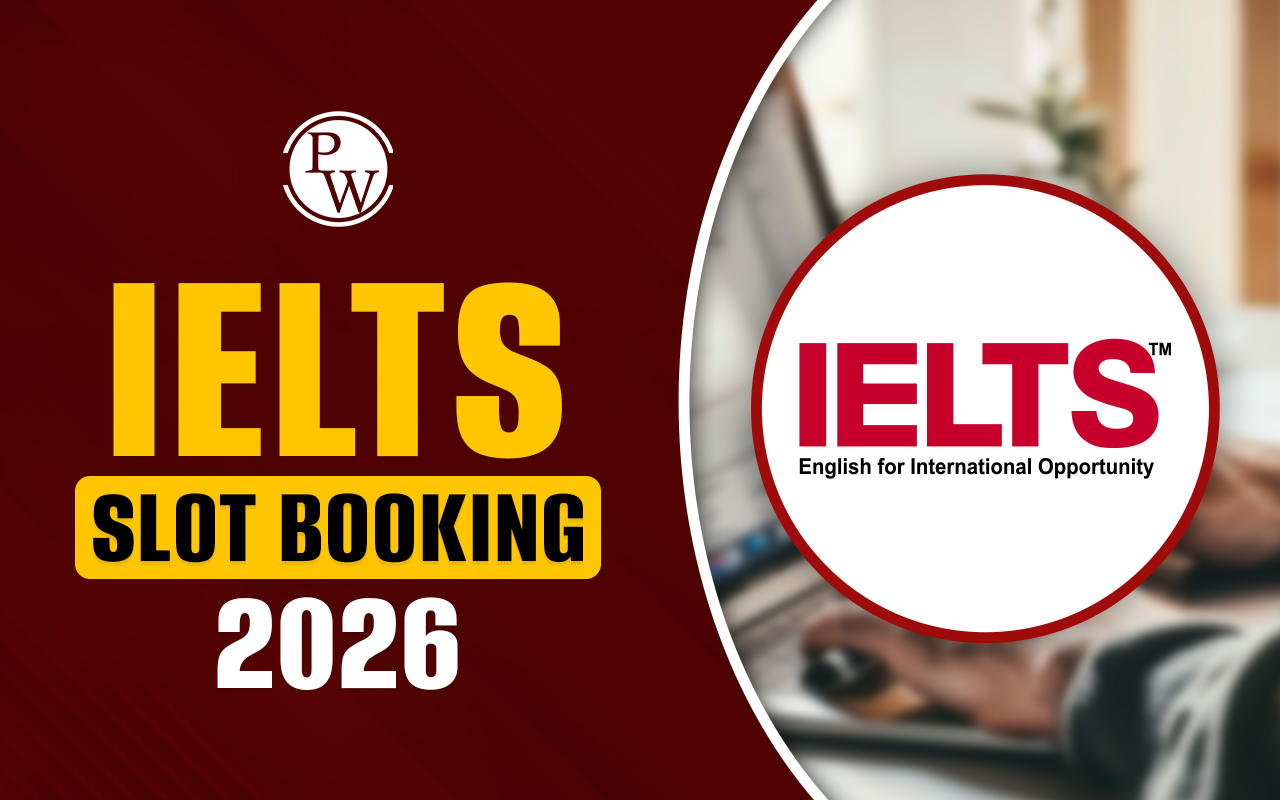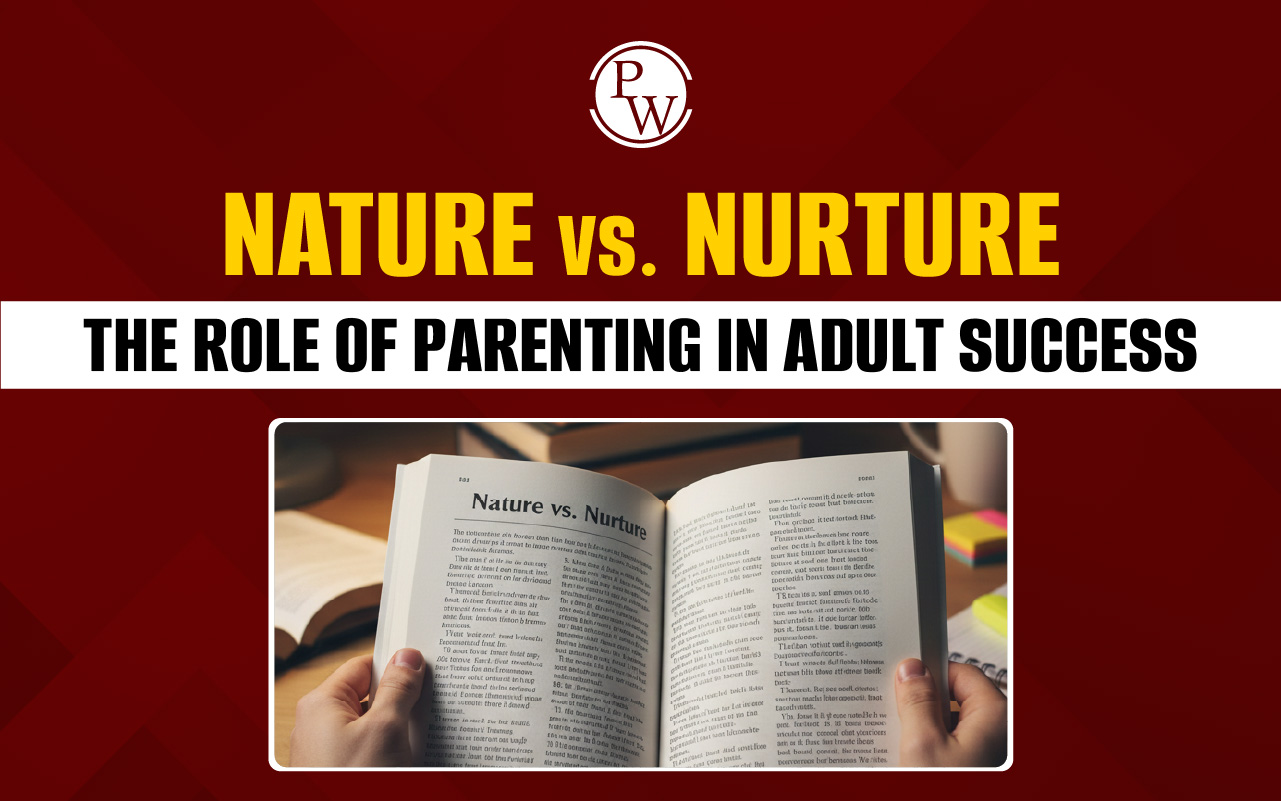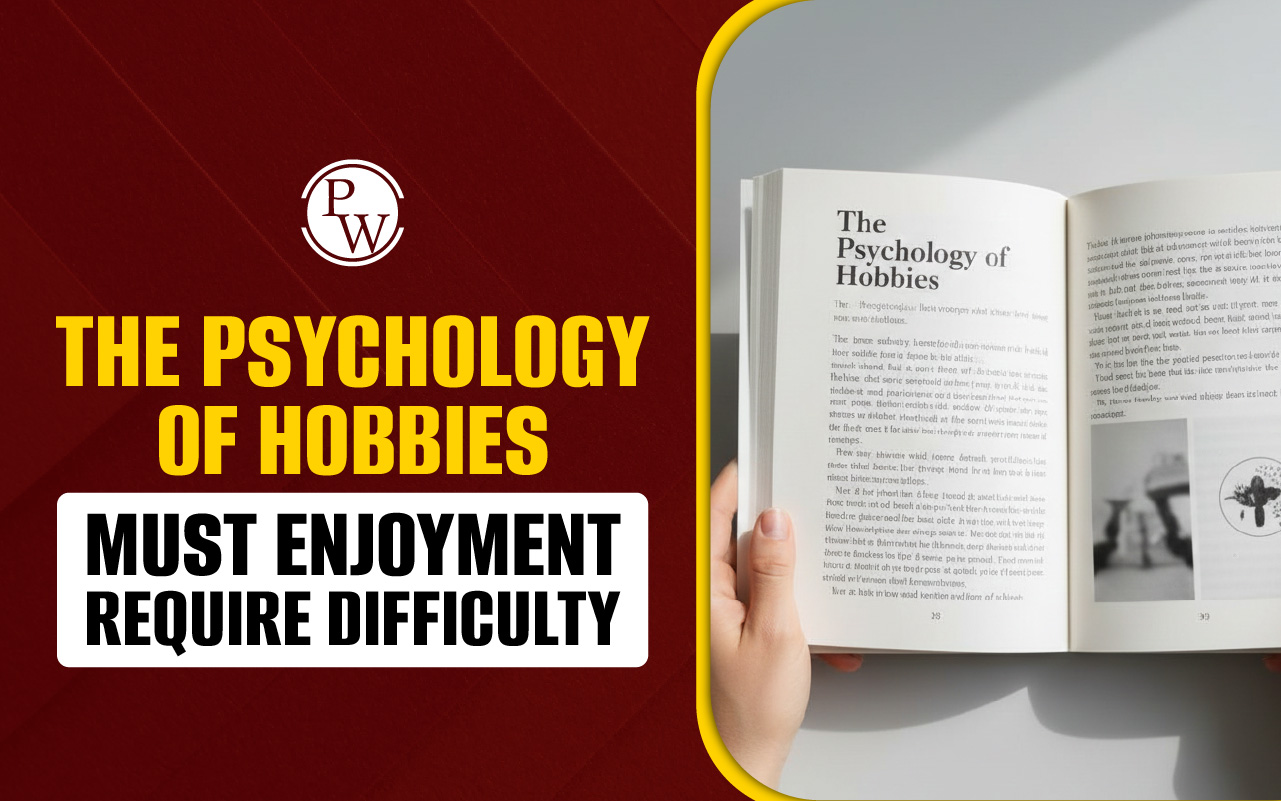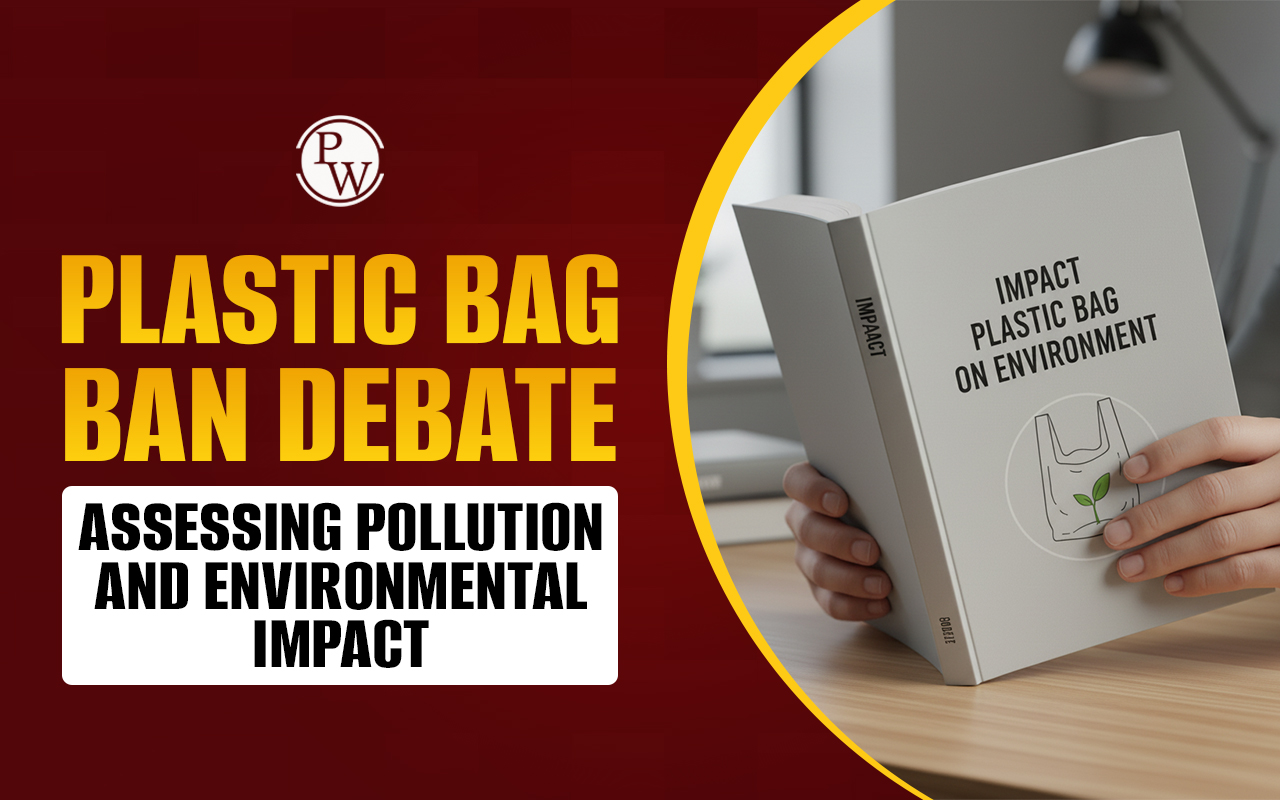
IELTS General Reading: The IELTS General Reading assesses the English language proficiency of students who wish to migrate to an English-speaking country for work, training, or secondary education. This section of the IELTS exam tests the ability of students to read and understand everyday written English. Here, we have provided a detailed description of the IELTS General Reading test, from its structure and question types to important answering strategies, and more.
Check:- IELTS Reading Question Types
IELTS General Reading Overview
The IELTS General Reading test includes three parts. The test includes a total of 40 questions. The total duration of the test is 60 minutes. The texts are taken from various real-world sources such as notices, advertisements, company handbooks, newspapers, and magazines.
|
IELTS General Reading Test Structure |
|||
|---|---|---|---|
|
Part |
Number of Texts |
Content Type |
Purpose/Context |
|
Part 1 |
2–3 short texts |
Notices, advertisements, timetables, brochures |
Everyday situations in social and daily life |
|
Part 2 |
2 texts |
Job descriptions, company policies, and staff training materials |
Workplace or professional environments |
|
Part 3 |
1 long text |
Articles from newspapers, magazines, or books |
General reading topic of broad social interest |
Also Read:
- Should You Use All Capital Letters in the IELTS Listening and Reading Tests
- IELTS Reading Mistakes
- How to Improve IELTS Reading Score
- How to Manage Time in IELTS Reading
Question Types in IELTS General Reading
The IELTS General Reading test includes 40 questions. There are many types of questions in the test. Here are the types of questions in the IELTS General Reading test:
1. Multiple Choice
There are three variations:
-
Choose one correct answer from four options (A–D)
-
Choose two correct answers from five options (A–E)
-
Choose three correct answers from seven options (A–G)
This format may involve selecting the best completion for a sentence or choosing the most accurate answer to a question.
2. Identifying Information (True/False/Not Given)
You are given a set of statements and asked whether they agree with the information in the text:
-
True: the statement agrees with the information
-
False: the statement contradicts the information
-
Not Given: there is no clear information
Distinguishing between "False" and "Not Given" is essential. Always rely on the passage rather than prior knowledge.
Cambridge Free IELTS Reading Practice Tests PDFs
3. Identifying Writer’s Views (Yes/No/Not Given)
These questions focus on the writer's opinions or claims rather than facts.
-
Yes: the writer’s views agree with the statement
-
No: the writer’s views clearly oppose the statement
-
Not Given: the view is neither confirmed nor contradicted
This format often appears in texts that are argumentative or discursive.
4. Matching Information
You’ll match pieces of information to specific paragraphs or sections. You might need to find:
-
Examples
-
Explanations
-
Comparisons
-
Reasons
-
Descriptions
Some letters may be used more than once, and not all paragraphs will be used.
Read : How to Improve IELTS Reading Score
5. Matching Headings
You’ll match headings to paragraphs. These headings summarize the main idea of a paragraph or section. Since there are more headings than sections, some won’t be used. This tests your ability to grasp the main theme of a paragraph.
6. Matching Features
You match statements with a list of options, such as people, years, or theories. Options may be used once, multiple times, or not at all. This question type assesses your ability to recognize relationships between facts or opinions.
7. Matching Sentence Endings
You are given sentence beginnings and must choose the correct ending from a list. The order of information in the passage aligns with the order of questions, which can help with locating answers quickly.
8. Sentence Completion
You complete sentences using words from the text. Instructions will clearly state the maximum number of words (e.g., "NO MORE THAN THREE WORDS AND/OR A NUMBER").
9. Summary, Note, Table, or Flow-Chart Completion
You may be asked to fill gaps in a summary, notes, table, or flow-chart using:
-
Words from the text
-
A provided list of options
Answers might not follow the exact order of the text but typically come from one section of it.
10. Diagram Label Completion
This task involves labeling parts of a diagram based on a description in the text. Diagrams may show machines, buildings, or other structures. You’ll need to interpret detailed descriptions and connect them to visuals.
11. Short-Answer Questions
You must answer specific questions using words or numbers from the text, within a given word limit. This type focuses on your ability to extract specific facts quickly and accurately.
Important Rules and Tips for Answering
-
Follow word limits strictly. Writing even one word extra results in losing the point.
-
Answers must come from the passage. Do not rephrase unless required.
-
Hyphenated words count as one.
-
Practice scanning and skimming techniques.
-
Time management is key. Aim to finish each part in 20 minutes.
Can You Retake Just the Reading Section?
No. IELTS does not currently allow candidates to retake a single test module such as Reading. If you're unhappy with your Reading score, you’ll need to sit for the entire IELTS test again (Listening, Reading, Writing, and Speaking).
Guidance of PW IELTS
Physics Wallah offers multiple online IELTS courses for all students. Follow the IELTS pages to better prepare for the exam.
| What is IELTS Exam? | Documents Required for IELTS Registration |
| IELTS exam eligibility requirements | IELTS Exam Fees |
| IELTS test results | IELTS Exam Pattern |
IELTS General Reading FAQs
How many parts are there in the IELTS General Reading test?
How long is the IELTS General Reading test?
How many questions are in the General Reading test?
Can I retake only the Reading section?
Are the questions in order of the text?










